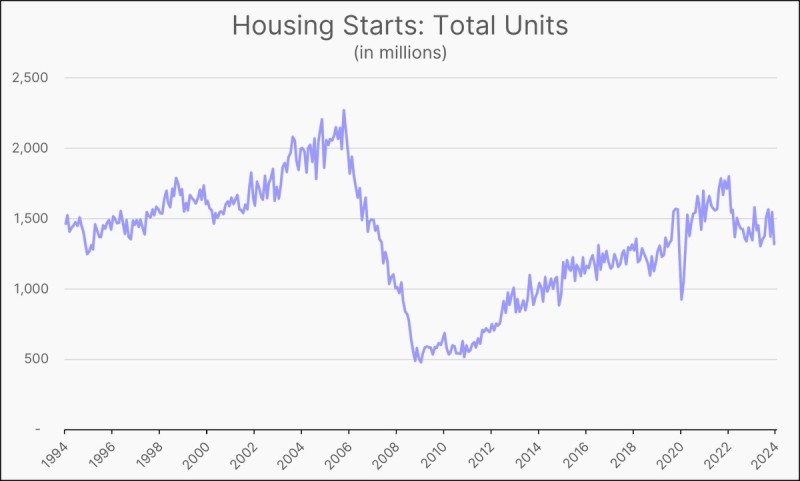Advertisement
OCC, OTS and Fed Slap Servicers With Enforcement Action

The Office of the Comptroller of the Currency (OCC), the Office of Thrift Supervision (OTS) and the Federal Reserve Board (FRB) have announced they have collectively taken enforcement actions against eight national bank mortgage servicers and two third-party servicer providers for unsafe and unsound practices related to residential mortgage loan servicing and foreclosure processing.
The eight servicers in question include Bank of America, Citibank, HSBC, JPMorgan Chase, MetLife Bank, PNC, U.S. Bank, and Wells Fargo. The two service providers are Lender Processing Services Inc. (LPS) and its subsidiaries DocX LLC, and LPD Default Solutions Inc.; and MERSCORP and its wholly owned subsidiary, Mortgage Electronic Registration Systems Inc. (MERS).
"These comprehensive enforcement actions, coordinated among the federal banking regulators, require major reforms in mortgage servicing operations," said acting Comptroller of the Currency John Walsh. "These reforms will not only fix the problems we found in foreclosure processing, but will also correct failures in governance and the loan modification process and address financial harm to borrowers. Our enforcement actions are intended to fix what is broken, identify and compensate borrowers who suffered financial harm, and ensure a fair and orderly mortgage servicing process going forward."
The enforcement actions require the servicers to promptly correct deficiencies in residential mortgage loan servicing and foreclosure practices that examiners identified in reviews conducted during the fourth quarter of 2010. The actions require the servicers to make significant improvements in practices for residential mortgage loan servicing and foreclosure processing, including communications with borrowers and dual-tracking, which occurs when servicers continue to pursue foreclosure during the loan modification process.
"We welcome progress on these difficult and critical issues," said an official statement from the Mortgage Bankers Association (MBA). "There is nothing more important than getting the housing market back on the road to recovery, which is in the best interest of borrowers, lenders, servicers and the nation as a whole."
The actions taken by the OCC, OTS and FRB require that each servicer to take a number of steps, including to make significant revisions to certain residential mortgage loan servicing and foreclosure processing practices. Each servicer must, among other things, submit plans acceptable to the FRB that:
►Strengthen coordination of communications with borrowers by providing borrowers the name of the person at the servicer who is their primary point of contact;
►Ensure that foreclosures are not pursued once a mortgage has been approved for modification, unless repayments under the modified loan are not made;
►Establish robust controls and oversight over the activities of third-party vendors that provide to the servicers various residential mortgage loan servicing, loss mitigation, or foreclosure-related support, including local counsel in foreclosure or bankruptcy proceedings;
►Provide remediation to borrowers who suffered financial injury as a result of wrongful foreclosures or other deficiencies identified in a review of the foreclosure process; and
►Strengthen programs to ensure compliance with state and federal laws regarding servicing, generally, and foreclosures, in particular.
“MERS provides an important, dependable service for homeowners, their communities, the mortgage industry, and regulators. The Interagency Review provided us with some clear guidance on how we can do better,” said MERS Chairman Kurt Pfotenhauer. “MERS brings value to the real estate system today, and we’re confident that the changes we’re making will enhance that value.”
Actions taken against the servicers are based on the findings of examinations conducted as part of the interagency horizontal reviews undertaken by the federal banking regulators in the fourth quarter of 2010. Examinations of these eight national bank servicers identified significant weaknesses in mortgage servicing and foreclosure governance that resulted in unsafe and unsound practices.
“The practices agreed upon today regarding mortgage servicing standards are a strong statement to ensure enhanced service to customers on their mortgage loans," said John H. Dalton, president of the Housing Policy Council. "These practices can be implemented by many of our members who are already working to perform these activities as outlined. We believe that these agreements will help move mortgage servicing standards forward in a positive manner for the consumer and the industry and will be good for the housing market."
The scope and degree of these practices differed among the servicers; however, based on the sample of files reviewed by OCC examiners, borrowers in the sample were seriously delinquent at the time of foreclosures and servicers held the notes and documents required to foreclose.
A summary of the findings of the interagency reviews is available in the Interagency Review of Foreclosure Policies and Practices, which was produced by the OCC, OTS and FRB. The enforcement actions do not preclude determinations regarding assessment of civil money penalties, which the OCC is holding in abeyance.
"The findings of the interagency review clearly show that the largest mortgage servicers had significant deficiencies in numerous aspects of their foreclosure processing," said the Federal Deposit Insurance Corporation (FDIC) in a statement. "These deficiencies included the filing of inaccurate affidavits and other documentation in foreclosure proceedings (so-called "robo-signing"), inadequate oversight of attorneys and other third parties involved in the foreclosure process, inadequate staffing and training of employees, and the failure to effectively coordinate the loan modification and foreclosure process to ensure effective communications to borrowers seeking to avoid foreclosures. The interagency review was limited to the management of foreclosure practices and procedures, and was not, by its nature, a full scope review of the loan modification or other loss mitigation efforts of these servicers. A thorough regulatory review of loss mitigation efforts is needed to ensure processes are sufficiently robust to prevent wrongful foreclosure actions and to ensure servicers have identified the extent to which individual homeowners have been harmed."
About the author





